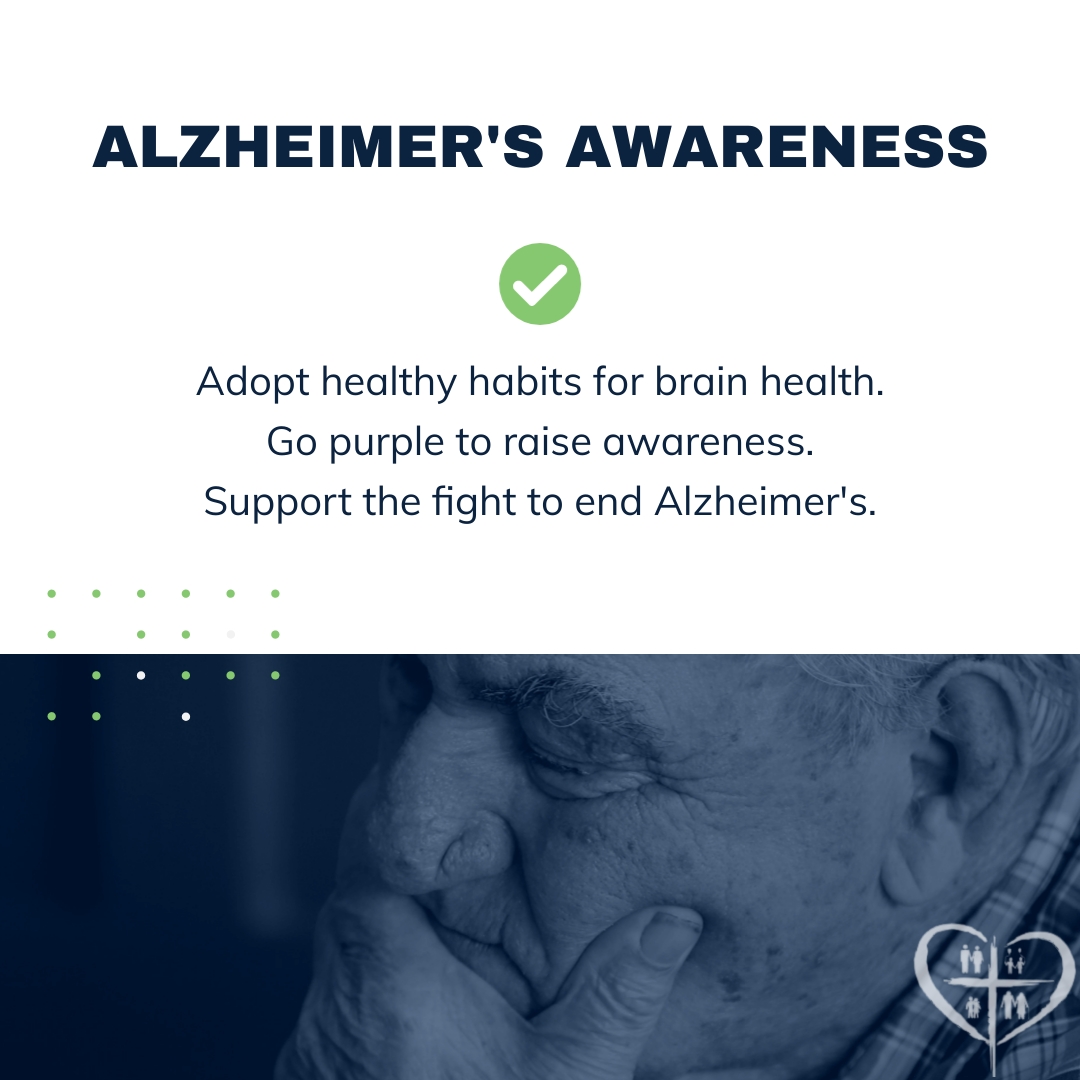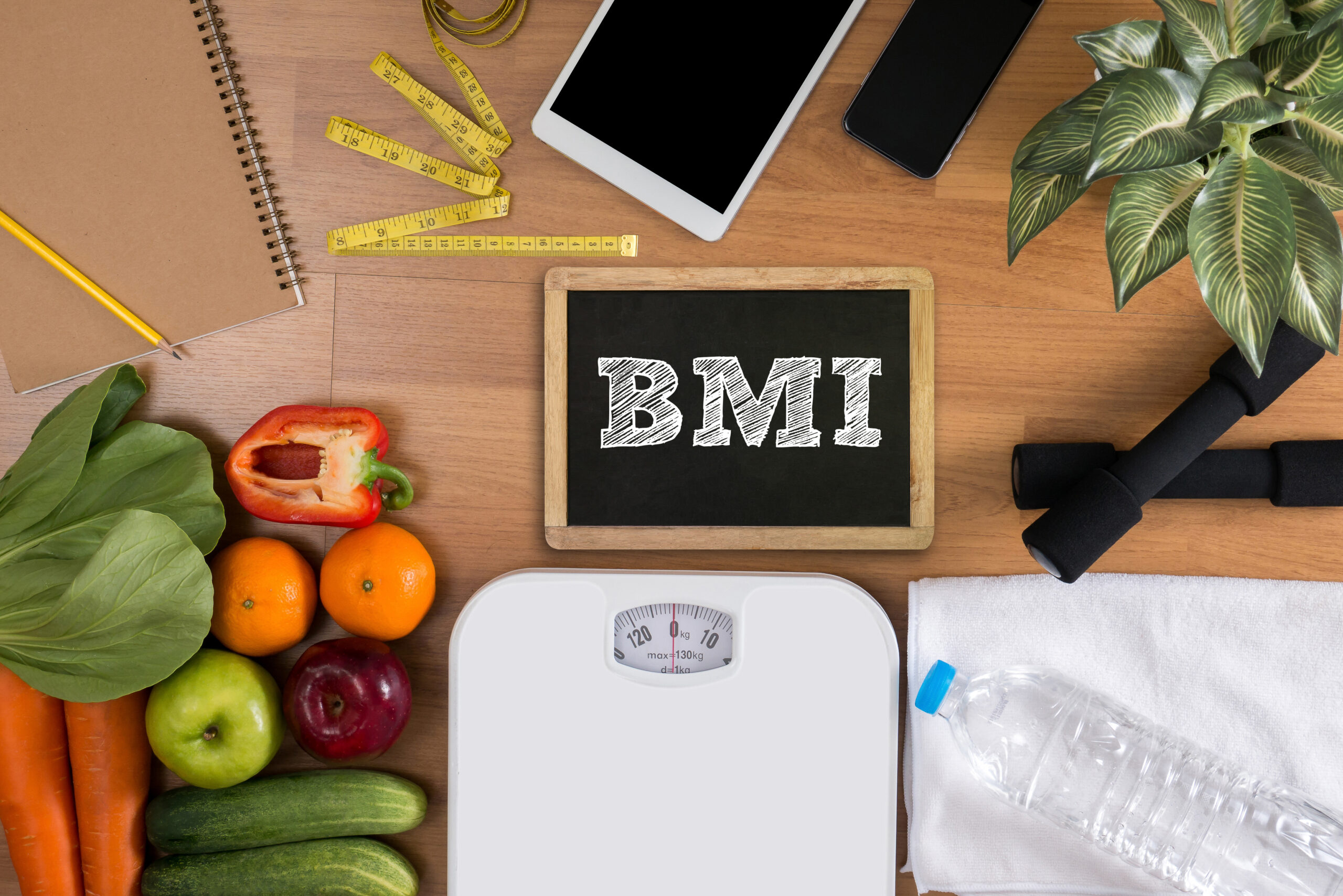June is Alzheimer’s Awareness Month
Alzheimer’s & Brain Awareness Month, observed in June, is a crucial time to raise awareness about Alzheimer’s disease and all other forms of dementia. The Alzheimer’s Association invites everyone to participate in the fight to end this devastating disease. Understanding Alzheimer’s, its risk factors, prevention strategies, and ways to get involved can make a significant impact.
Alzheimer’s disease is the most common type of dementia, a progressive neurological disorder that leads to memory loss, impaired thinking, and changes in behavior. It begins with mild memory issues and can advance to severe impairment, affecting a person’s ability to carry out daily activities. Alzheimer’s disease primarily affects parts of the brain responsible for thought, memory, and language.
The risk of developing Alzheimer’s disease increases with age. While younger individuals can get Alzheimer’s, it is less common. Here are some key statistics:
- In 2022, about 6.5 million Americans were living with Alzheimer’s disease.
- The number of people living with the disease doubles every five years beyond age 65.
- By 2060, this number is projected to more than double to 14 million.
Race and ethnicity also play a role in risk levels. Studies show that African American and Hispanic adults are at
much greater risk of developing Alzheimer’s than white adults, for example. While the exact cause of Alzheimer’s disease is not fully understood, several factors are believed to contribute, including age, family history, and lifestyle factors. Adequate physical activity,
a nutritious diet, limited alcohol consumption, and avoiding smoking can reduce risk.
Changes in the brain can begin years before symptoms appear, and ongoing research suggests that education, diet, and environment may also be influential.
Warning Signs of Alzheimer’s Disease
Early detection is vital for managing Alzheimer’s. Common warning signs include:
- Memory loss disrupting daily life.
- Trouble handling money and paying bills.
- Difficulty completing familiar tasks.
- Decreased judgment.
- Misplacing items and being unable to retrace steps.
- Changes in mood, personality, or behavior.
Reduce Your Risk of Alzheimer’s Disease
While there is no known cure for Alzheimer’s, certain healthy lifestyle choices can reduce the risk:
- Physical Activity: Regular exercise helps maintain brain health.
- Healthy Diet: A nutritious diet can lower the risk of cognitive decline.
- Mental Engagement: Activities that stimulate the brain can be beneficial.
- Social Engagement: Maintaining social connections supports brain health.
- Proper Sleep: Quality sleep is essential for overall health.
Getting Involved
There are many ways to join the fight against Alzheimer’s during Alzheimer’s & Brain Awareness Month:
- Adopt the 10 Healthy Habits: Learn and incorporate healthy habits for brain health. Visit alz.org for more information.
- Go Purple: June 1 and throughout the month, wear purple and share your story on social media using the hashtag #ENDALZ to raise awareness.
- Join Fundraising Events: Participate in events like the Walk to End Alzheimer’s, The Longest Day, and Ride to End ALZ.
- Volunteer: Help your community recognize and reduce dementia risk.
- Advocate: Support legislative efforts like the BOLD Reauthorization Act to strengthen dementia public health infrastructure.
- Donate: Contributions empower individuals to take charge of their brain health and support Alzheimer’s research. Visit [alz.org/donate](https://alz.org/donate) to make a donation.
The Burden of Alzheimer’s Disease
Alzheimer’s disease is among the top 10 leading causes of death in the United States, with rising death rates unlike other major diseases like heart disease and cancer. In 2020, it was the sixth leading cause of death among U.S. adults and the fifth among those aged 65 and older. The financial impact is also significant, with costs projected to increase from $159-$215 billion in 2010 to between $379-$500 billion annually by 2040.
Alzheimer’s & Brain Awareness Month is a time to take action, spread awareness, and support the fight against Alzheimer’s disease. By understanding the risk factors, adopting preventive measures, and getting involved in advocacy and support efforts, we can make a difference in the lives of those affected by this devastating disease. Join us in raising awareness and working towards a world without Alzheimer’s.





